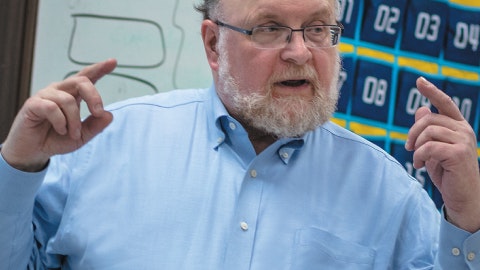Homepage
•
Learning Library
•
Blog
•
Retirement hasn’t slowed this CS advocate one bit
Expand breadcrumbs
Expand breadcrumbs
- Learning Library
- Blog
- Retirement hasn’t slowed this CS advocate one bit
- Homepage
- •
- Learning Library
- •
- Blog
- •
- Retirement hasn’t slowed this CS advocate one bit
Retirement hasn’t slowed this CS advocate one bit
By Nicole Krueger
March 22, 2019








